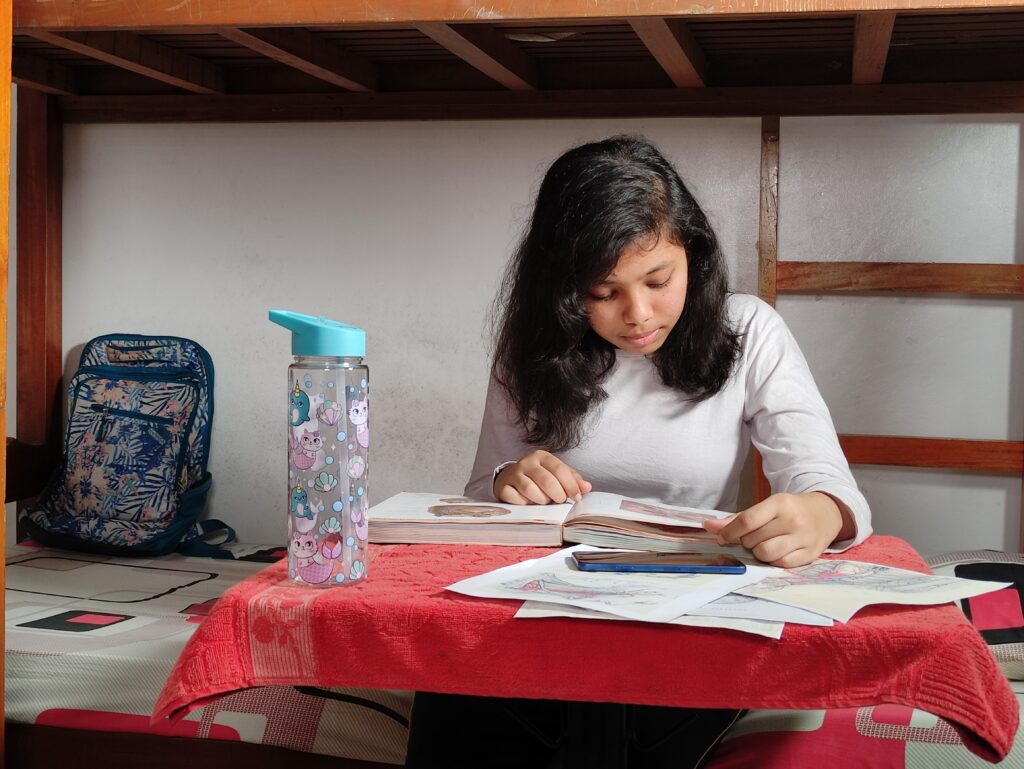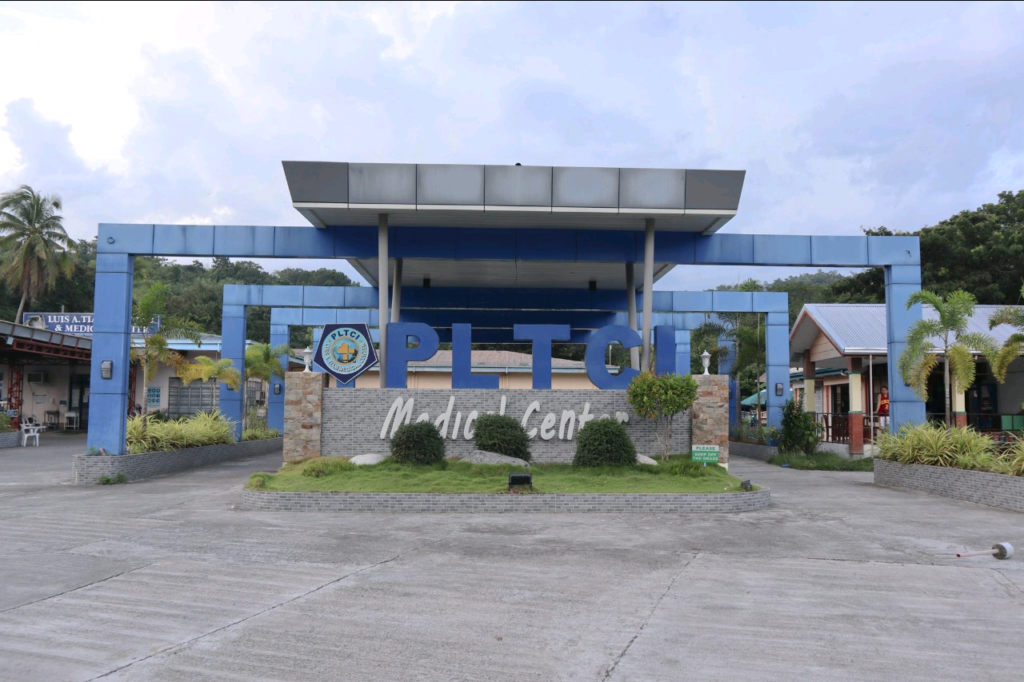about us
PLTCI College of Medicine LOGO
PLTCI College of Medicine / PLT College of Medicine logo consists of a Shield (Bold, Strong, No surrender, No Retreat) as the base, in the center is the the Staff of Aesculapius (Greek symbol associated with medicine), Microscope (medical technology and research)on the left upper one fourth of the shield, The Lamp (knowledge) on the upper right one fourth, The humanity Icon on the left lower one fourth and Hands of Compassion on the lower right one fourth, The 5 stars inside the shield represent the five Board of Incorporates.
The Laurel Wreath signifies the triumph/ Victory.
The Azure blue (light) color symbolizes Hope and Healing. The midnight blue (dark) represents Expertise and Stability.

Our Philosophy
PLTCI College of Medicine, Inspired by the noble task of nation building, PLT College, Inc. molds individuals to be instruments of service to God, country, and humanity. As a non-stock, non-sectarian institution of higher learning, its philosophy was after those of the Commission on Higher Education (CHED), Technical Education and Skills Development Authority(TESDA), and Professional Regulation Commission (PRC).
Our Vision
PLT COLLEGE, INC: An Icon in Humane Education.
Our Mission
We dedicate ourselves to develop humane individuals who are professionally competent, socially responsible, and God-centered.

Hostel Facilities
PLT/ PLTCI College of Medicine
In PLT/ PLTCI College of Medicine hostel facilities for the gents and the ladies with the basic amenities including
Air-conditioned rooms, 24/7 purified drinking water facilities, free Wi-Fi, Warden, Security.
Both vegetarian and non-vegetarian Indian food are available for the students.
There are multiple reasons to consider studying MBBS in the Philippines
PLT/ PLTCI College of Medicine
1. Recognition and Accreditation: Medical universities in the Philippines are recognized and accredited by various international medical bodies and organizations such as the World Health Organization (WHO), National Medical Commission, India (NMC), and the United States Education Department. This ensures that the quality of education and degrees obtained are recognized globally.
2. English Medium of Instruction: All MBBS programs in the Philippines are taught in English, making it convenient for international students, especially those from English-speaking countries. This eliminates the need to learn a new language and facilitates better understanding and communication.
3. Low Tuition Fees and Cost of Living: The cost of pursuing an MBBS degree in the Philippines is considerably lower compared to many other countries offering similar programs. Tuition fees are affordable, and the cost of living is also relatively low, making it an attractive option for students with limited financial resources.
4. Clinical Exposure and Practical Training: Medical universities in the Philippines emphasize the importance of clinical exposure and practical training. This ensures that students gain hands-on experience in hospitals and clinics, which is crucial for their future medical practice. The diverse and challenging medical cases encountered during training also prepare students to handle a wide range of medical conditions.
5. High-Quality Education: The academic standards of medical universities in the Philippines are of high quality. The curriculum is designed to meet international standards and is constantly updated to keep up with the advancements in medical science and technology. The teaching faculty consists of experienced professors, doctors, and medical professionals who provide thorough guidance and support to students.
6. Opportunities for International Students: The Philippines has a multicultural environment, welcoming and accommodating international students. The country’s lenient visa policies make it easier for students to obtain study visas. Moreover, numerous scholarships and financial aid options are available specifically for international students pursuing an MBBS degree in the Philippines.
7. Internationally Recognized Degree: Upon graduation, MBBS degree holders from the Philippines are eligible to take the licensing exams in their home countries or in countries where they wish to practice medicine. The degrees obtained from recognized medical universities in the Philippines are accepted worldwide, which opens up opportunities for students to pursue further studies or employment globally.
Before making a decision, it is crucial to research and choose a reputable and accredited medical university in the Philippines to ensure the quality of education and the credibility of the degree obtained.




